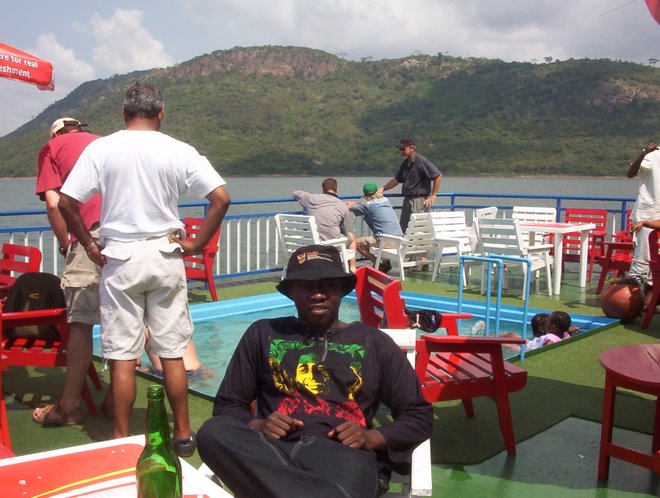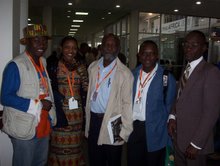The Ministry of Local Government, Rural Development and Environment (MLGRDE) is liaising with Attorney General and the Judicial Service to adequately equip the district courts to deal expeditiously with sanitation cases.
This followed moves by the ministry to enforce sanitation laws through education and the courts.
This came to light at a two-day meeting in Kumasi to discuss the report of an environmental sanitation tour undertaken by a delegation of the ministry to Bangladesh and Ethiopia recently.
The tour was to help develop a sustainable rural sanitation module in the country, with the aim of finding a lasting solution to environmental problems confronting the nation.
Participants of the tour were sponsored by MLGRDE to undertake a study tour of Ethiopia and Bangladesh, where sanitary conditions are far better off than Ghana.
It enabled them to acquaint themselves with the sanitation situation in those countries and replicate them in Ghana.
Among the participants were Mr Osei Asibey Antwi, Deputy Ashanti Regional Minister, Mr Amin-Adams Anta, Tamale Municipal Chief Executive, Mr Kweku Quansah, Programme Officer at MLGRDE and other experts in sanitation from various district assemblies across the country.
Environmental sanitation had been identified as a powerful driver of the nation’s development as it affects the quality of life and productivity of the population.
A greater number of diseases reported to the hospitals and other health institutions in Ghana are sanitation related among which, includes malaria, typhoid, diarrhea diseases, worm infestations and bilharzias.
These diseases are said to account for over 70 percent of outpatient department attendance in hospitals and are responsible for most infant mortality.
According to the participants their study tour revealed a greater political and community commitment to sanitation issues in those countries.
“There are no open defecations there”, Mr Quansah, Programme Officer at MLGRDE said and added that it came to light that it required a lot of political commitment in Ghana to develop feasible strategies and coherent programmes to address the sanitation challenges facing the country.
“As a nation, we have not placed priority on sanitation”, he said.
Sanitation in Ghana is poor and as one goes round the cities and towns, what one sees is filth.
Drains are choked with garbage and human excreta, open spaces and beaches which, should serve as recreational grounds have become defecating and dumping sites for all kinds of waste.
Major roads and streets including lorry parks are all littered with garbage. The situation in low income communities especially those in the cities and major towns is a sorry sight.
In some cases inadequacy of resources have been accused of aggravating the problem but in other cases indiscipline seem to be a major contributory factor.
People throw out waste and urinate anyhow and in some cases defecate in public places with careless abandon.
Contributing, the Ashanti Regional Minister, Mr Emmanuel A. Owusu Ansah said over the years, so much resource had been committed by government, metropolitan, municipal and district assemblies and their development partners into sanitation yet there seemed to be no breakthrough for to the problem.
He also added his voice to the need to enforce laws on sanitation adding, “if the courts are properly resourced it should not take more than three days to deal with a sanitation case”.
The Minister observed that the problem of sanitation should not be left on the shoulders of government and its agencies alone since it was a national problem and everybody should be part of its solution.
Accordingly, he called for the need for the private sector to be encouraged to build their capacities to meet the challenges in waste management.
“We have reached a stage in the country’s development when sanitation services can no more be free. At present less than 15percent of the population pay for sanitation services.
“The assemblies therefore find themselves in a dilemma when they have to spend their development budget on sanitation to the detriment of other projects”, he said.
Mr Owusu Ansah challenged the MMDAs and the technocrats to come up with appropriate technologies of waste collection, transportation, treatment and final disposal.
“It is about time we move away from the traditional ways of waste management and rather see to as a resource which can be used to create wealth and generate employment opportunities”.





















No comments:
Post a Comment